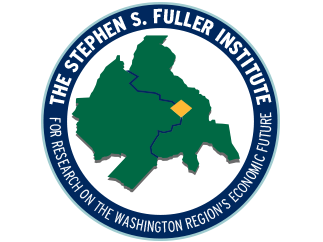From The Washington Business Journal:
Reaction started to pour in Saturday morning as Greater Washington woke up to its first government shutdown since 2013.
Destination D.C., the city’s marketing and tourism arm, said it is returning to its “DC is Open” campaign to remind the public there is still plenty to do in Washington. The organization used the social media campaign — which feature #DCisOpen — during the last shutdown.
The government shutdown at midnight Friday after the Senate failed to pass a short-term funding bill.
Smithsonian officials said this week before the Senate vote that Smithsonian museums would remain open this weekend if the government shut down, but they will be closed beginning Monday should the federal government still be closed.
Destination D.C. CEO Elliott Ferguson points out in the organization’s statement that there are other attractions in D.C. not owned by the federal government, such as the new Museum of the Bible, which has free admission. Other museums, such as the Newseum and the U.S. Holocaust Memorial Museum, also are privately run.
The National Mall and D.C.’s monumental core, controlled by the National Park Service, are expected to remain accessible to the public. The organizers of the Women’s March, expected to draw thousands of protesters to the Mall, say the event will go on Saturday.
Destination D.C. is pushing the #DCisOpen campaign because tourism is one of the most important sectors of the city’s economy. Ferguson said more than 22 million people visited the city in 2016, spending $7.3 billion. Figures for 2017 are not available yet.
Matt Letourneau, a Loudoun County supervisor who chairs the Metropolitan Washington Council of Governments, issued a statement Saturday morning decrying the shutdown’s impact on the local economy.
“The DMV region is resilient, but the disruptions caused by a federal government shutdown bring unnecessary stress to all involved,” he said.
He added, “Despite the progress we’ve made in the diversifying the economy in recent years, our region’s financial well-being is still closely tied to our largest employer, the federal government.”
Indeed, Stephen Fuller, a local economist who oversees the Stephen S. Fuller Institute at George Mason University, estimated in 2013 that the region lost $220 million in federal payroll every day of the 16-day shutdown. That has chilling ripple effects on other business in the region, and the Greater Washington economy actually performed worse in 2013 than it did during the recession five years earlier.
Copyright Washington Business Journal, reprinted with permission
